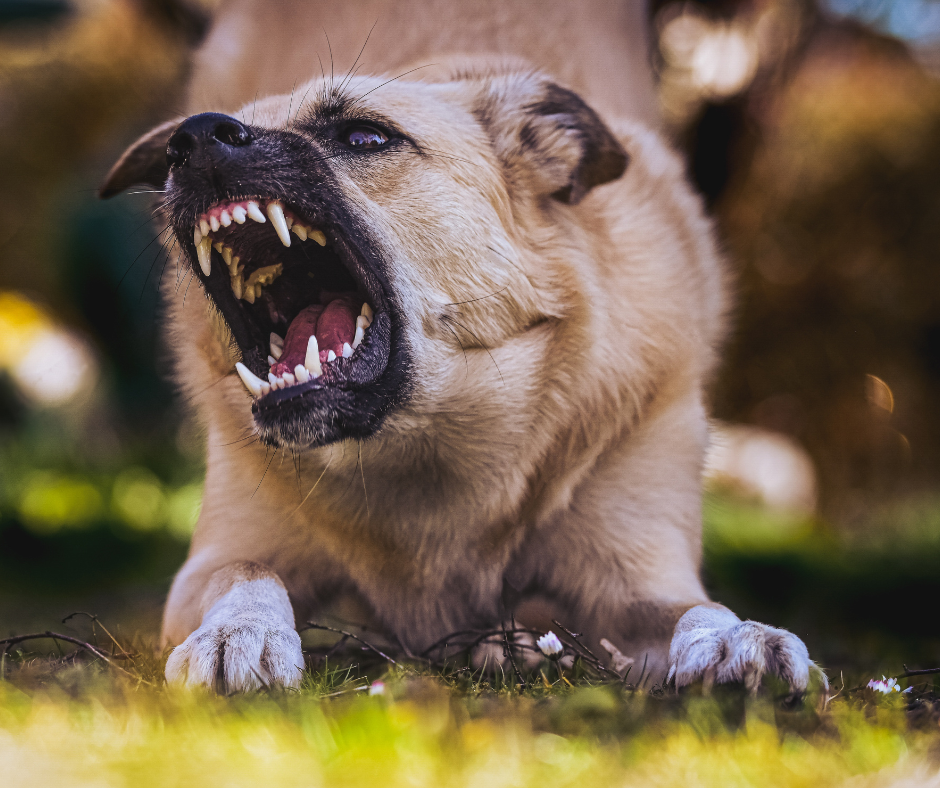Let’s face it, no matter how adorable dogs may be; dog bites still occur…frequently. However, there are several steps that you can take to reduce your chances of experiencing this type of traumatic and painful event. Thanks to the Humane Society, below is a list of tips to follow in order to reduce the likelihood of an occurrence.
- Respect the dog’s personal space. Never approach an unfamiliar dog, especially one who’s tied or confined behind a fence or in a car. Don’t pet a dog—even your own—without letting him see and sniff you first.
- Be cautious around unfamiliar dogs. Don’t disturb a dog while she’s sleeping, eating, chewing on a toy or caring for puppies. Always assume that a dog who doesn’t know you may see you as an intruder or a threat.
- Pay attention to the dog’s body language
Put a safe amount of space between yourself and a dog if you see the following signals indicating that the dog is uncomfortable and might feel the need to bite:
- tensed body
- stiff tail
- pulled back head and/or ears
- furrowed brow
- eyes rolled so the whites are visible
- yawning
- flicking tongue
- intense stare
- backing away
- When putting space between yourself and a dog that might bite, never turn your back on him and run away. A dog’s natural instinct will be to chase you.
If you think a dog may attack:
Resist the impulse to scream and run away.
Remain motionless, hands at your sides, and avoid eye contact with the dog.
Once the dog loses interest in you, slowly back away until he is out of sight.
If the dog does attack, “feed” him your jacket, purse, bicycle or anything that you can put between yourself and the dog.
If you fall or are knocked to the ground, curl into a ball with your hands over your ears and remain motionless. Try not to scream or roll around.
If you are bitten or attacked by a dog, try not to panic.
Immediately wash the wound thoroughly with soap and warm water.
Seek emergency medical treatment if necessary or contact your physician for treatment and advice.
Report the bite to your local animal care and control agency. Tell the animal control official everything you know about the dog, including his owner’s name and the address where he lives. If the dog is a stray, tell the animal control official what the dog looks like, where you saw him, whether you’ve seen him before and in which direction he went.
If you or someone you know has been bitten by a dog and suffered injury, you may be entitled to compensation. For more information Contact the Attorneys at the Law Offices of Roselli & McNelis
For More information on how to avoid a Dog Bite, see http://www.humanesociety.org/animals/dogs/tips/avoid_dog_bites.html

